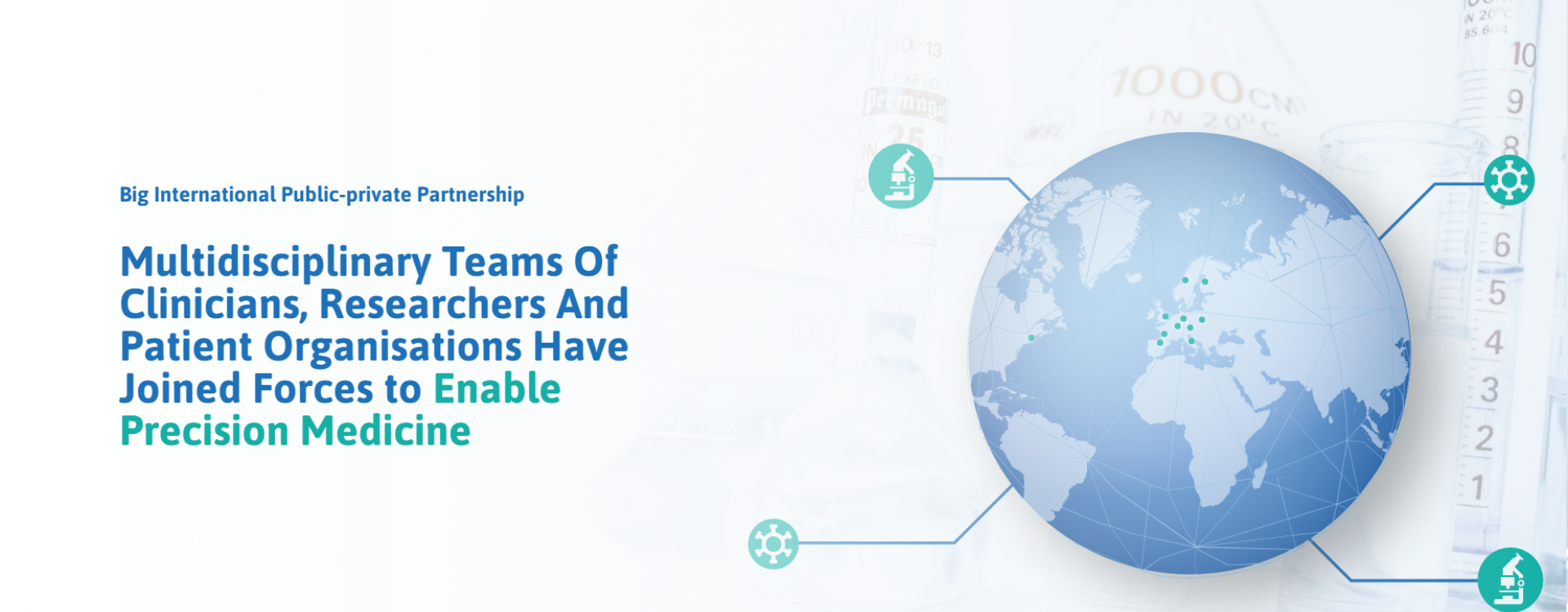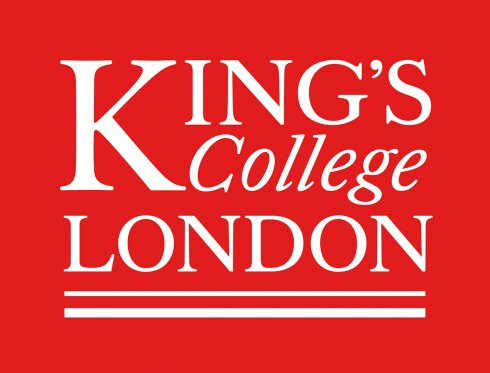Kings College London
Kings College London is ranked one of the world’s top 25 universities and is one of the major centres in United Kingdom for biomedical research. Located within its Faculty of Life Sciences and Medicine, St John’s Institute of Dermatology is a world leading centre for the study and treatment of important skin diseases, with strong national and international multidisciplinary research programmes involving academic-industry partnerships, funded through programme grants from MRC, Wellcome Trust and EU as well as charity and industry funding. The Institute benefits from a tight interface with the adjacent Department of Medical Molecular Genetics, using contemporary approaches to genomic data generation and analytical approaches to understand the role of genomic variation in human diseases and traits. Translational research is supported by infrastructure funded by our National Institute of Health Research Biomedical Research Centre which includes core facilities for experimental medicine (patient biosampling), immune phenotyping, genomics, bioresourcing, data management and bioinformatics. St John’s Institute of Dermatology Research Tissue Bank provides access to unique longitudinal study cohorts in atopic dermatitis and psoriasis. We have extensive expertise biological sample and data warehousing and multidimensional data analysis of skin disease and treatment outcomes. These are complemented by internationally recognized skills in epidemiology, genetics, systematic reviews and guideline development and in the conduct of clinical trials.
Role within BIOMAP
Establish and manage the clinical research network, aligned patient and public stakeholders and BIOMAP bioresource (WP1-6, Smith, Flohr); Lead on systematic review and consensus exercise for clinical phenotyping, outcomes, and biomarker evaluation (Flohr, Smith, Barker, WP1, 2, 6); Investigate skin and gut microbial patterns (Flohr, Barker, WP4). Genomics and Bioinformatics expertise: prepare and maintain high-quality genotyped and imputed genetic datasets; facilitate and perform genetic analyses for primary outcomes and for outcomes derived by other WPs (including GWAS, polygenic risk score, candidate gene, HLA alleles); eQTL identification; interrogation and interpretation of genetic associations; selection of potential genetic biomarkers for downstream validation (WP1, 2, 3, 6; Dand, Simpson, Barker, Smith). 5. Co-ordination (Smith)






